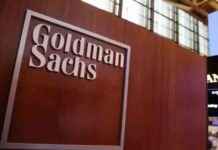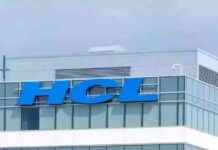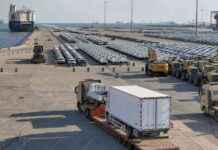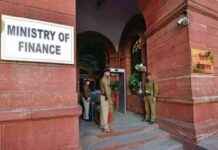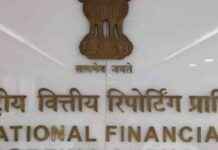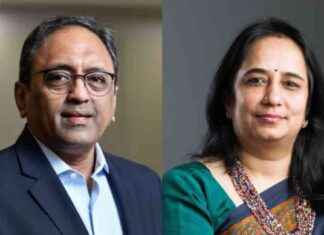Jindal Stainless, led by Abhyuday Jindal, MD, witnessed a surge in domestic demand for stainless steel in the financial year 2025. Various sectors such as electric vehicles, trailers and containers, automotive, railway coach, metro, white goods, and pipes and tubes were the driving forces behind this growth. Despite this positive trend, imports remained a cause for concern within the industry. The company, along with other players, is actively engaging with the Government to implement suitable protective measures in response to the ongoing issues.
Expansion plans are also on the horizon for Jindal Stainless, with a massive ₹40,000 crore investment in the works. In a recent interview with businessline, Abhyuday Jindal discussed the ongoing dialogues with the Government, capital expenditure plans, readiness for Carbon Border Adjustment Mechanism (CBAM), and the company’s commitment to investing in renewable energy sources. The introduction of safeguard duties, although not applicable to stainless steel shipments, has not deterred the company’s determination to navigate the challenges and capitalize on opportunities in the market.
**The Greenfield Plant Project in Maharashtra**
Jindal Stainless has announced its ambitious plan to establish a new greenfield plant in Maharashtra, with an estimated investment of ₹40,000 crore. The company is currently in talks with the state government to secure a suitable land parcel for this project. The size and scale of the plant, initially envisioned at 4 million tonnes per annum (mtpa), will be contingent on the specific land parcel and geographical considerations. The construction of the plant will be executed in phases, with the first phase anticipated to become operational within four years of obtaining the requisite approvals.
**Financial Outlook and Sustainability Initiatives**
In terms of financial projections, Jindal Stainless is aiming to maintain a net debt level of approximately ₹3,500–3,700 crore by the end of March 2025. The company’s capex plans for the upcoming fiscal year indicate a total expenditure of ₹2,700 crore, which includes the carryover of unutilized capex from the previous year amounting to ₹1,100 crore. Moreover, JSL has successfully reduced carbon emissions by 15 per cent in the previous fiscal year, aligning with its commitment to environmental sustainability. The target for the upcoming fiscal year is to achieve an additional 15 per cent reduction in average emissions, contributing to the company’s overarching goal of achieving net-zero emissions in the long run.
**Renewable Energy Investments and CBAM Compliance**
Jindal Stainless is actively investing in renewable energy sources, with a planned capex of ₹700 crore over the next few years to enhance the adoption of solar, wind, and green hydrogen technologies across its facilities. These initiatives are aimed at making the company’s operations more sustainable and cost-effective in the long term. Despite the introduction of Carbon Border Adjustment Mechanism (CBAM) reporting rules by the European Union, Jindal Stainless views this development as an opportunity rather than a threat. The company’s proactive approach to decarbonization and emphasis on reducing emissions intensity positions it favorably in regulated markets like Europe. While there may be some administrative challenges associated with CBAM compliance, Jindal Stainless is confident in its ability to mitigate any potential cost pressures through its scrap-based process and increased utilization of renewable energy sources.
In conclusion, Jindal Stainless is strategically navigating the dynamic landscape of the stainless steel industry, leveraging its expansion plans, sustainability initiatives, and proactive stance on regulatory developments to drive growth and innovation in the sector.






